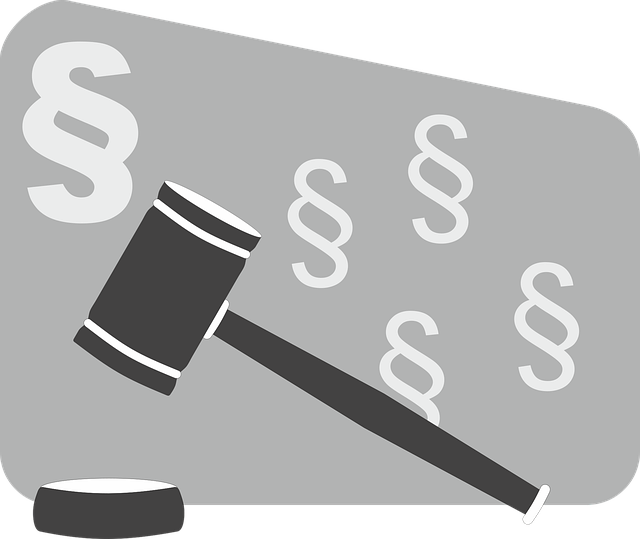Understanding Types of Evidence Used in Criminal Prosecution is vital for both prosecutors and defense attorneys to uncover the truth and ensure justice. This includes physical, documentary, circumstantial, forensic, and digital media evidence, each analyzed strategically to exonerate or incriminate defendants. RF finance law firms rely on meticulous analysis of these evidence types to navigate complex legal landscapes, protecting business interests and mitigating charges through expert forensics, documentation, witness testimony, and legal knowledge.
In the intricate landscape of criminal law, RF Finance law firms play a pivotal role in navigating complex legal proceedings. This article delves into the core components of criminal prosecution, offering insights on evidence categories and their impact. We explore strategic legal approaches to enhance case outcomes. By understanding types of evidence used in criminal prosecution, law firms can fortify their defenses and advocate for their clients effectively. Discover how these elements intertwine to shape the course of justice.
- Understanding Criminal Prosecution Basics
- Evidence Categories: Strengthening Cases
- Legal Strategies for Effective Representation
Understanding Criminal Prosecution Basics

In any criminal prosecution, understanding the basics is paramount for both prosecutors and defendants alike. The process involves a thorough examination of facts, evidence, and legal arguments presented by both parties. The goal is to ascertain the truth behind criminal allegations and ensure justice is served. At its core, this involves gathering and presenting various types of evidence that can prove or disprove the guilt of an accused individual.
Across the country, general criminal defense attorneys play a crucial role in navigating this complex landscape for their clients. They must be adept at handling diverse evidence used in criminal prosecution, ranging from physical and documentary to circumstantial and forensic. This strategic approach ensures that every piece of information is scrutinized, evaluated, and presented effectively, ultimately protecting the rights and interests of the accused.
Evidence Categories: Strengthening Cases

In high-stakes cases involving RF finance and law, understanding and effectively utilizing various evidence categories can significantly strengthen criminal prosecutions. The types of evidence used in criminal prosecution span documents, witness testimonies, forensically analyzed digital media, expert opinions, and physical evidence. Each piece offers unique insights that can either exonerate or incriminate a defendant, making it crucial for legal teams to meticulously collect and interpret these evidence categories.
For corporate and individual clients facing legal repercussions, the goal often revolves around securing a complete dismissal of all charges. This requires robust strategies that leverage relevant and admissible evidence. By presenting compelling evidence that contradicts accusations or establishes reasonable doubt, defense attorneys can achieve favorable outcomes in even the most complex RF finance-related cases.
Legal Strategies for Effective Representation

Effective legal representation in RF finance law firms serving involves strategic approaches tailored to navigate complex financial and legal landscapes. One key strategy is a thorough examination of all evidence presented by prosecution, including digital forensics and documentation analysis. By understanding the Types of Evidence Used in Criminal Prosecution, defense attorneys can construct robust arguments that protect their clients’ respective business interests and mitigate potential charges.
Additionally, a skilled general criminal defense lawyer will focus on gathering exculpatory evidence, challenging the admissibility of incriminating information, and presenting alternative interpretations of facts to avoid indictment. This involves meticulous case preparation, expert witness testimony, and a deep knowledge of applicable laws and regulations. Ultimately, these legal strategies are designed to ensure fair treatment and minimize negative outcomes for clients facing financial or criminal prosecution.
In navigating RF finance legal matters, understanding criminal prosecution fundamentals, mastering evidence categories, and employing strategic representation techniques are paramount. By recognizing the Types of Evidence Used in Criminal Prosecution, law firms can fortify their cases and deliver effective representations. These key aspects ensure a robust legal framework, ultimately fostering fairness and justice within the RF finance domain.






